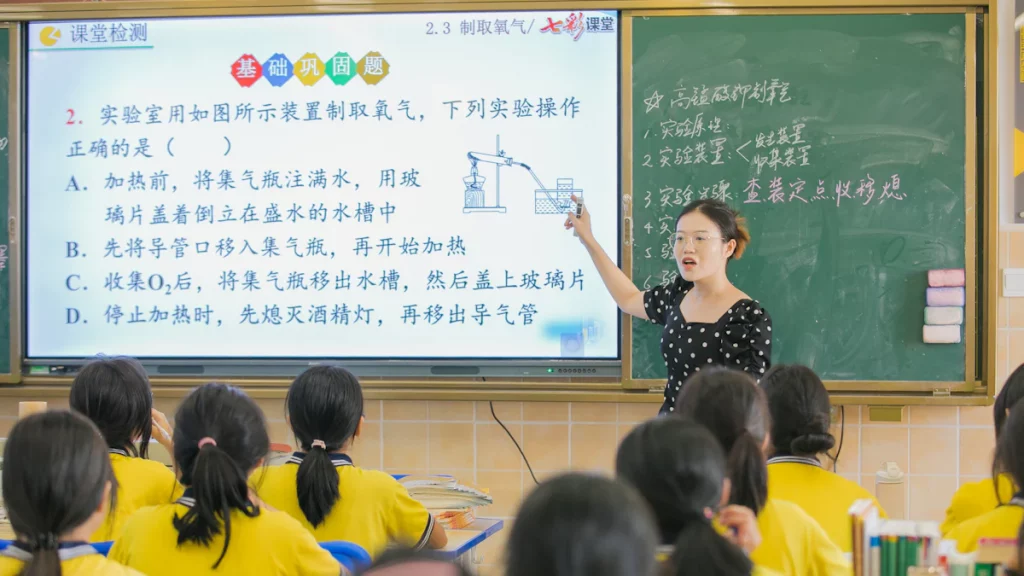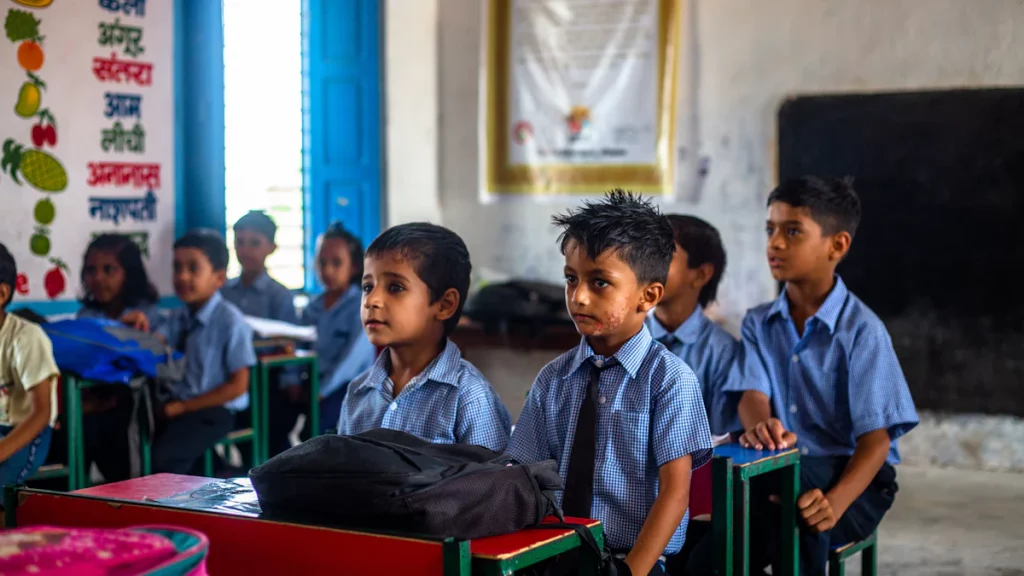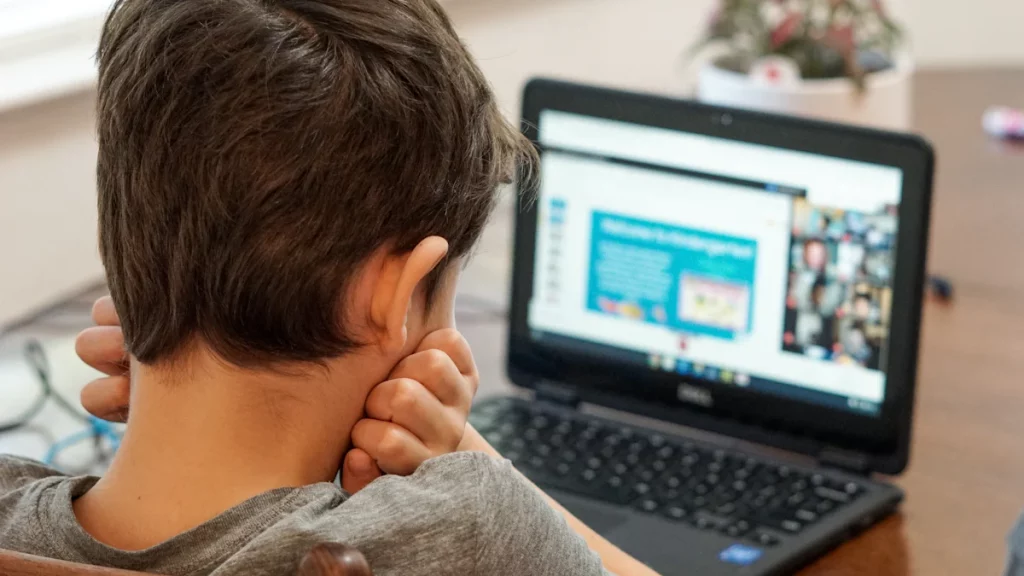
A Quick Overview of the National Education Policy 2023
Understanding the Basics
The National Education Policy refers to the comprehensive framework that outlines the government's vision and direction for the development of education in a country. It encompasses various aspects such as curriculum, pedagogy, assessment practices, and teacher training. This policy plays a pivotal role in shaping the future of education and ensuring its alignment with the needs of society and the economy.
The significance of policy 2023 lies in its potential to bring about transformative changes in the education system. By addressing existing challenges and incorporating innovative strategies, it aims to create a more inclusive, equitable, and progressive learning environment for students across the nation.
The Goal of the Changes
The primary objective of the proposed changes is to revolutionize the educational landscape by fostering holistic development and critical thinking skills among students. Through these reforms, we aim to achieve a system that not only imparts knowledge but also nurtures creativity, innovation, and problem-solving abilities in learners. This shift towards a more dynamic and learner-centric approach is envisioned to prepare students for success in an ever-evolving global context.
1. Emphasis on Foundational Literacy and Numeracy
The significance of early learning in foundational literacy and numeracy cannot be overstated. National education experts widely recognize the critical role that reading and math play in shaping a child's cognitive development. Proficiency in these fundamental skills forms the cornerstone of a student's academic journey, laying the groundwork for future learning and comprehension.
My own experience with learning the basics serves as a testament to the enduring impact of early literacy and numeracy. Mastering these skills not only enhanced my academic performance but also instilled in me a sense of confidence and curiosity that transcended the confines of the classroom.
In line with policy 2023, comprehensive strategies and programs are being devised to bolster foundational literacy and numeracy among students. These initiatives encompass targeted interventions, specialized training for educators, and the integration of innovative teaching methodologies. By prioritizing these core competencies, the policy aims to cultivate a generation of learners equipped with essential skills for lifelong success.
The expected outcomes of these endeavors are far-reaching. By strengthening foundational literacy and numeracy, students will be better positioned to engage with advanced concepts across various subjects. Moreover, this emphasis is poised to narrow educational disparities, ensuring that all learners have equal access to quality education from an early age.
2. A Flexible and Multidisciplinary Curriculum
Breaking Down the Traditional Barriers
In the context of education, the traditional approach to curriculum design often imposed rigid subject boundaries, limiting students to compartmentalized learning experiences. However, with the advent of Policy 2023, a paradigm shift is underway, challenging the conventional norms and advocating for a more flexible and multidisciplinary curriculum.
The contrast between the old and new paradigms is stark. While the former emphasized siloed subjects with minimal interconnectivity, the latter promotes an integrated approach that encourages cross-disciplinary exploration. This shift acknowledges that real-world challenges are rarely confined to a single domain and underscores the importance of equipping students with versatile skills that transcend disciplinary constraints.
Reflecting on my own educational journey, I encountered firsthand the restrictive nature of subject restrictions. The prescribed segregation of subjects often hindered my ability to explore interdisciplinary connections and inhibited a holistic understanding of complex real-world issues. It became evident that this traditional structure did not adequately prepare me for the multifaceted demands of modern society.
Benefits of a Multidisciplinary Approach
Embracing a multidisciplinary curriculum holds immense promise in preparing students for the complexities of the real world. By integrating diverse disciplines, learners are primed to develop comprehensive problem-solving abilities that transcend narrow subject boundaries. This approach nurtures adaptability and fosters innovative thinking by encouraging students to draw from various fields to address multifaceted challenges.
Moreover, a multidisciplinary framework cultivates creativity by providing opportunities for unconventional intersections between different areas of knowledge. It empowers students to explore uncharted territories, fostering an environment where original ideas can flourish unrestricted by traditional academic silos.
3. Holistic Development and Critical Thinking Skills
Beyond the Books
When considering the holistic development of students, it is essential to recognize the pivotal role that extracurricular activities play in shaping well-rounded individuals. These activities, ranging from sports and arts to community service and leadership programs, provide students with opportunities to cultivate essential life skills beyond the confines of traditional classroom learning.
Engaging in extracurricular pursuits fosters critical thinking abilities, teamwork, time management, and resilience. These experiences contribute significantly to a student's personal growth and character development, complementing the academic curriculum by instilling values that are integral to success in diverse real-world scenarios.
Moreover, participation in extracurricular activities nurtures a sense of community and belonging among students. It encourages them to explore their interests, discover their passions, and form meaningful connections with peers who share similar aspirations. This sense of camaraderie contributes to a positive school environment that supports overall well-being and emotional development.
Learning to Think, Not What to Think
In alignment with Policy 2023, there is a concerted effort to shift the focus from rote learning towards cultivating critical thinking skills among students. The aim is not merely to impart information but rather to empower learners with the ability to analyze, evaluate, and synthesize information effectively. By nurturing this capacity for independent thought, students are better equipped to navigate complex challenges and contribute meaningfully to society.
Encouraging students to question, inquire, and explore diverse perspectives fosters a culture of intellectual curiosity and open-mindedness. This approach transcends memorization-based learning paradigms and equips students with the tools necessary for lifelong learning and adaptability in an ever-changing world.
Implementing the Changes
The successful implementation of these transformative changes hinges on comprehensive training for educators. Teachers play a central role in nurturing critical thinking skills among students; hence they require specialized guidance and resources to integrate these principles into their teaching practices effectively.
Furthermore, engaging parents and communities is paramount in reinforcing the significance of holistic development beyond academic achievements. Collaboration between schools, families, and local communities creates an ecosystem that supports the holistic growth of every child.
Reflecting on the Changes
My Thoughts and Hopes
As I contemplate the proposed changes in the National Education Policy 2023, I am filled with optimism about the potential impact on our education system. The emphasis on foundational literacy and numeracy, a flexible curriculum, and holistic development signifies a monumental shift towards a more inclusive and progressive learning environment.
The Potential Impact
These changes have the potential to revolutionize the educational landscape by nurturing well-rounded individuals equipped with essential skills for success in an ever-evolving global context. By prioritizing critical thinking, multidisciplinary learning, and holistic development, the policy aims to empower students to become adaptable problem-solvers and innovative thinkers.
The Challenges Ahead
However, it is crucial to acknowledge the challenges that lie ahead in implementing these transformative reforms. Overcoming resistance to change, ensuring equitable access to resources, and effectively training educators are among the hurdles that must be addressed. Additionally, measuring the long-term impact of these changes will require sustained commitment and rigorous evaluation.
In spite of these challenges, I remain hopeful that these reforms will pave the way for a more dynamic and inclusive education system that prepares students not only for academic success but also for personal growth and societal contributions.



